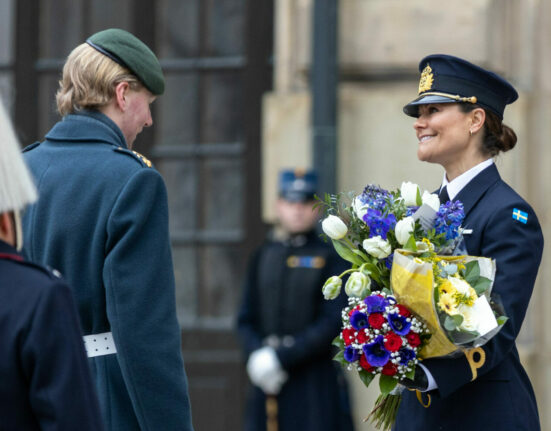Stockholm – our own Venice of the North – offers an abundance of healthy fun! This week YLC takes to the water to introduce another sport available in the city – windsurfing!

One thing that Stockholm has in abundance is water. When summer comes to these northern shores, Lake Mälaren becomes a playground to a plethora of boats of all sizes. The city and its inhabitants spring to life: in the streets and outdoor diners, in parks, on balconies, amusement parks and festivals, and of course, in the water.
Under the northern end of Västerbron, in Rålambshovsparken, or Rålis as it’s more commonly referred to, there is a large steel storage container. This houses the equipment used by wind-surfing teacher Johan Ekstedt and his colleagues from vindsurfing.se, a business started by Ekstedt in 2000. Since then, he has – together with his colleagues – been teaching their passion to people eager to whiz through the Riddarfjärden bay in central Stockholm on a board.

“I wanted the sport to be visible in the city, and easy to access for those who want to try it,” Ekstedt told YLC when we came to visit him in the park one sunny June afternoon.
“Of course we could find more favourable wind conditions out in the archipelago, but I think the accessibility is more important, at least in the beginning.”
This particular day Ekstedt is managing a training session for people who have already mastered the basics of windsurfing. But there are classes suitable to surfers of all levels, including those with no experience at all. Which is where this reporter started on a recent Saturday morning.
Our little group of five gathered on the patch of grass next to the storage container. We were there for the two-day beginners course, stretching over a total of seven hours. This is all the time it takes for most novices to tame the wind enough to whiz up and down Riddarfjärden, Ekstedt assured us.
“And the kick you get from shooting off in 20 knots will make you want to keep going,” he said.

However, after the relatively quick instructions on land and the necessary safety information, reaching those 20 knots – or any knot at all for that matter – seemed as unlikely as Swedish participation in the 2014 FIFA World Cup.
We helped each other get the equipment ready and then paddled off. This part was fine. Crawling up onto the sturdy board didn’t pose any trouble either. Even pulling up the water-filled sail worked like a charm, given a little patience, but then – we were in the hands of Mother Nature.
As soon as I’d relieved the sail of the water’s grip, even the softest whiff of air would spin my little vessel around and have me fight to regain balance. On the rather glassy surface I felt surprisingly helpless as I was forced to a great deal of involuntary dips in the less than comfortably tempered water.
But then, as I made yet another catlike leap from the water onto the board, the view of my approaching instructor boldly defying the winds to come to my rescue could not have been a more welcomed one.
With a few precise instructions I found myself moving in the direction of my choice for the first time and just as Ekstedt had said, it soon had me craving more.
The sound of my board breaking the surface as I aimed for the opposite shore; the sensation in my muscles fighting to control the uncontrollable wind and having it work FOR me; the view of the water, the bridges, the shorelines and everything else around me from a completely new perspective, embedded in nature; everything but the pure joy was blown away.

Ekstedt practically grew up holding a windsurfing board and he has competed and won medals in numerous prestigious international competitions. In his opinion, it is the great opportunity for variation that makes the sport so special.
He is the world record holder in distance surfing after having ventured all the way to Germany from Falsterbo in southern Sweden. On the other end of the spectrum he’s battled the heavy waves off the Hawaiian cost. And then there’s everything in between, of course.
“I can feel like a king in one place, and then really struggle in another,” he told YLC.
Ekstedt is working to increase interest in the sport he loves. In the 70s and 80s, there was a windsurfing board in nearly one in three Swedish households, according to Ekstedt. But during the next decade the trend changed to manufacturing smaller and faster boards, which made it more difficult for the novice to master the sport. As a result – the interest for the sport plummeted.
Today, the boards – as well as the sails – come in all sizes to work in as many conditions and for as many people as possible. And interest in the sport is once again on the rise in Sweden.
After having tried it I can certainly see why.
For more information about the courses check out the English version of the website.
Joel Linde
Follow Your Living City on Twitter!











